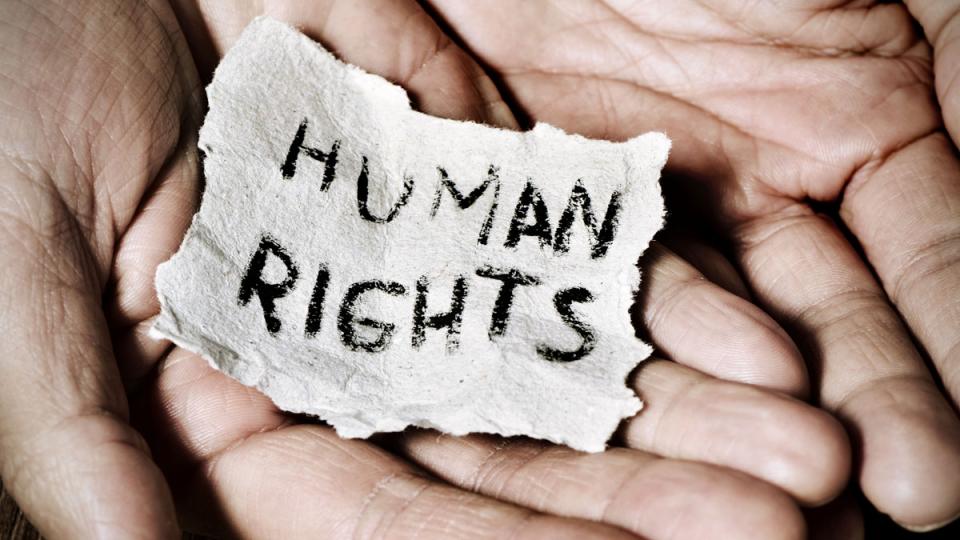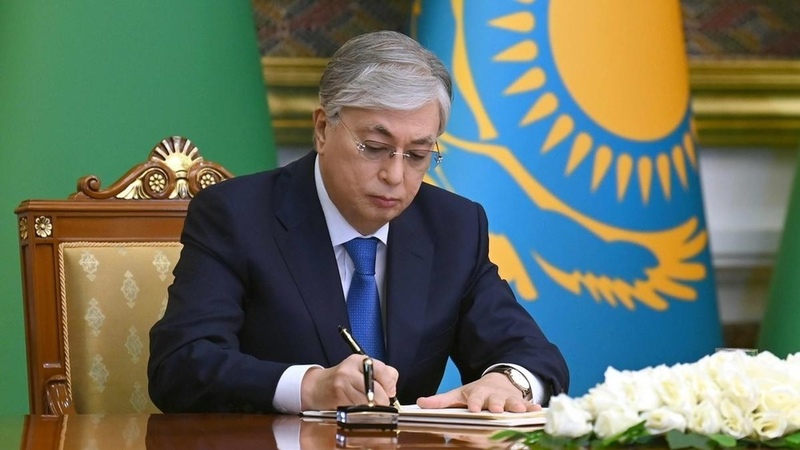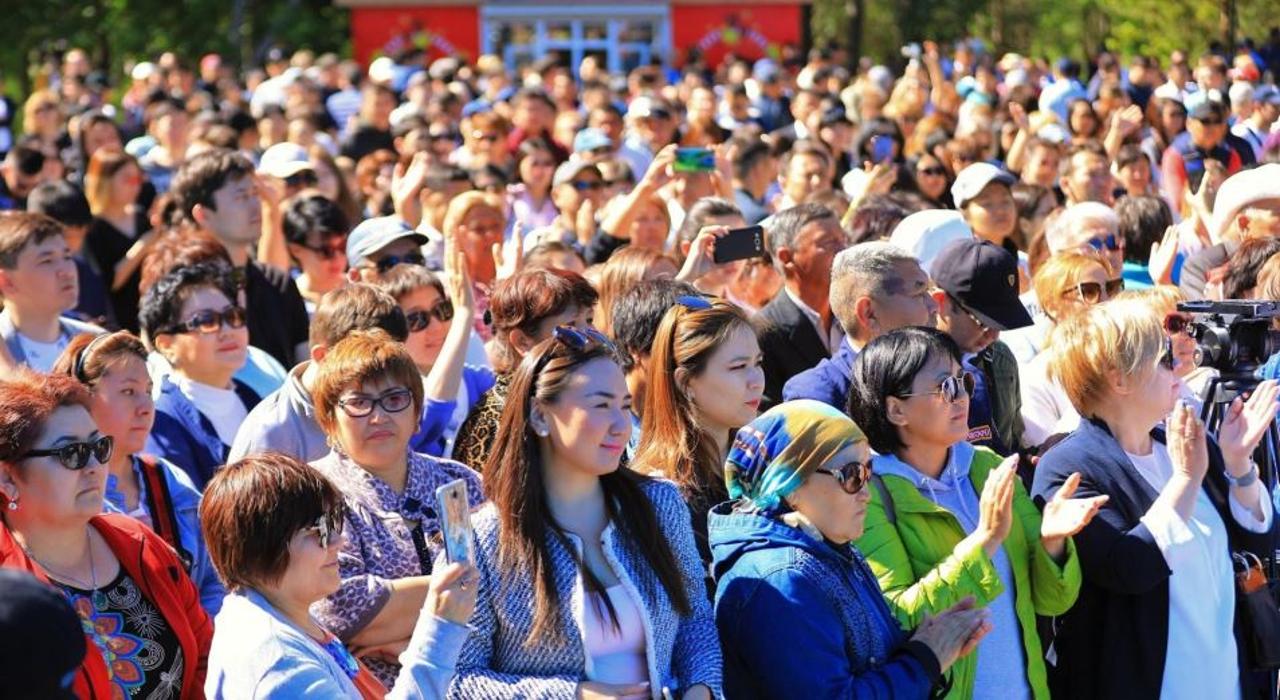Kazakhstan advances democratic transformation and human rights protection
The Akorda press service recently underscored Kazakhstan's ongoing journey toward democratic transformation, noting substantial strides in fortifying the human rights protection system to align with international best practices. A factsheet released on January 12 detailed significant legislative changes in democratic participation, human rights protection, and the rule of law, reflecting the nation's commitment to the "Listening State" concept.

Significant Legislative and Practical Measures
The latest legislative adjustments aim to amplify public involvement in decision-making processes, championing the concept of a "Listening State." This progress aligns with President Kassym-Jomart Tokayev's dedication to addressing human rights issues, evident in a decree issued on December 8, 2023, sanctioning a comprehensive action plan.
In comparison to previous packages, the third package spanning 2023-2025 anticipates implementing nearly twice as many legislative and practical initiatives, comprising over 40 events. The measures center on fostering equal rights, workplace safety, non-discrimination, and inclusion.
Reforms in Democratic Participation
Democratic participation reforms introduce a single seven-year term limit for presidents, eliminating the possibility of re-election. The president's influence over local governments and the Senate has been curtailed, while the registration threshold for political parties has been reduced from 20,000 to 5,000. This liberalization has led to the emergence of new parties, fostering a more diverse political landscape.

Election reforms encompass a new electoral model for the Mazhilis, expanding its powers through party lists and single-mandate constituencies. The introduction of quotas for women, youth, and persons with special needs on electoral party lists aims to promote inclusivity.
Advancements in Human Rights Mechanisms
In the sphere of human rights, Kazakhstan has fortified the independence of courts, broadened the categories of cases eligible for jury trials, and accorded constitutional status to the Ombudsperson for Human Rights. The Constitutional Court, reinstated on January 1, 2023, plays a pivotal role in safeguarding citizens' fundamental rights and freedoms.

The abolition of the death penalty, ratification of UN conventions on children's rights and persons with disabilities, and the introduction of the Social Code exemplify Kazakhstan's commitment to human rights. Legislative reforms also address critical issues such as torture prevention, domestic violence, and prisoner rights.
Kazakhstan's commitment to democratic principles is further highlighted through collaborative efforts with international organizations like the United Nations and the Organization for Security and Co-operation in Europe (OSCE). The ongoing reforms underscore a dedicated endeavor to promote human rights, strengthen democratic institutions, and enhance citizen participation in governance.
Follow Daryo's official Instagram and Twitter pages to keep current on world news.
Comments (0)